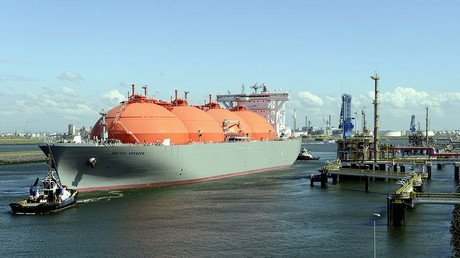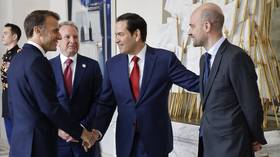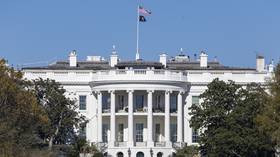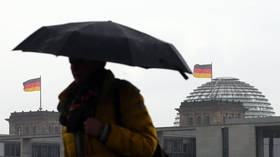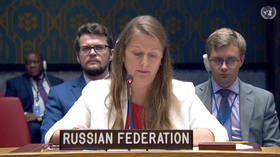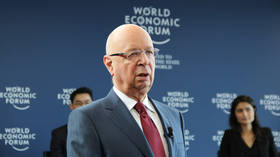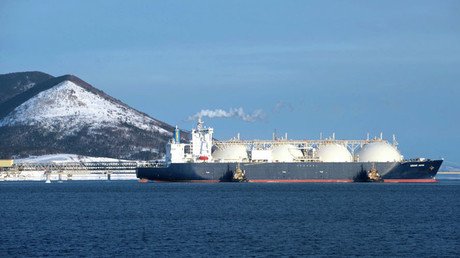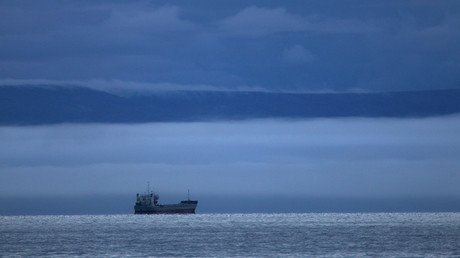Washington uses sanctions to push its gas to Europe – Germany’s largest energy company
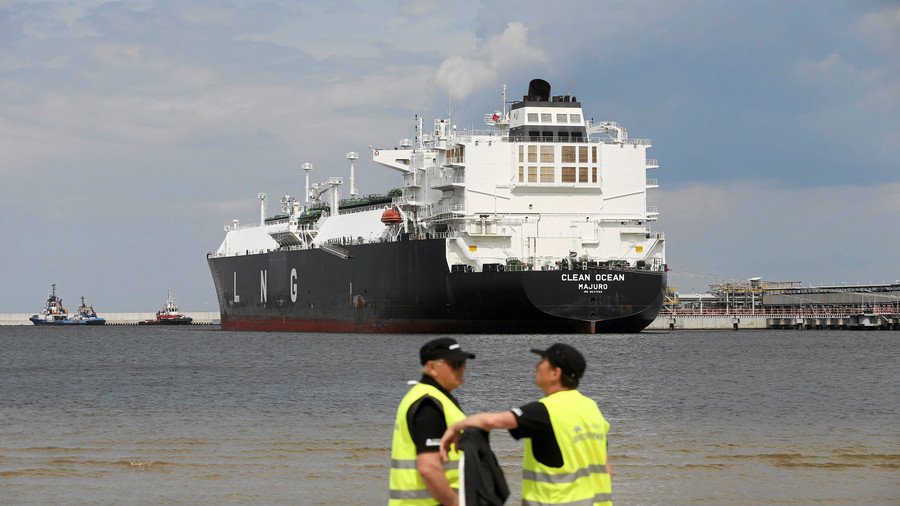
The US is interested in force-feeding its liquefied natural gas on the European gas market so it seeks to stop Russia’s Nord Stream 2 pipeline, Thilo Wieland, a board member of German energy company Wintershall, said at SPIEF.
“The United States is openly using the sanctions mechanism to promote its interests on the European gas market,” Wieland told Sputnik news agency.
Wieland said Washington wants to oust Russia from the European energy market by supplying LNG. The official said he doubts the US could deliver the same amount of gas as Russia’s Nord Stream 2 pipeline could.
“It would take the United States to send 275 tankers with LNG a year to deliver the same amount of gas [55 billion cubic meters of gas a year] as the Nord Stream 2 pipeline would. Firstly, the United States should make sure it can make such deliveries. Secondly, it should assess the impact the deliveries would have on the environment, since gas transportation via a pipeline always affects [the environment] less in terms of carbon dioxide emissions than transportation via tankers,” Wieland said.
Wintershall participates in the Nord Stream project. Gazprom intended to have a 50 percent plus one share in the company, with the rest of the shares divided between Germany’s Uniper and Wintershall, Austrian OMV, France’s Engie, and Anglo-Dutch Shell. US sanctions against Russia and European red tape stopped the companies from participating in the project directly, but they have pledged to stay in the project and finance it anyway.
For more stories on economy & finance visit RT's business section
